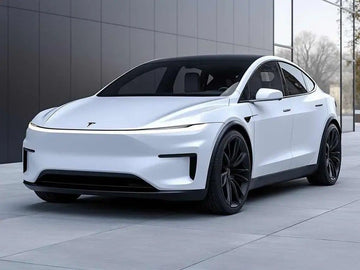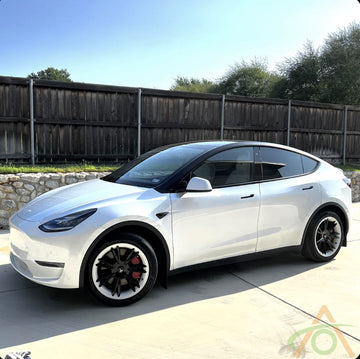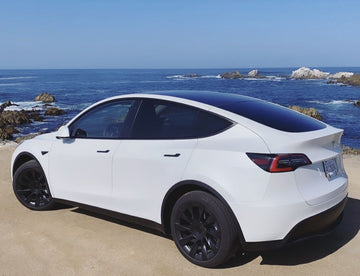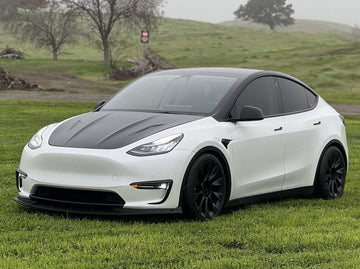Tesla has reported second-quarter 2025 earnings that show a sharp decline in profit and sales, fueling concerns that CEO Elon Musk's increasing political involvement is distracting from the company's core business.
The electric car maker reported a net profit of $1.17 billion on revenue of $22.5 billion for the quarter, slightly ahead of analysts' expectations but still down 12 percent from the same period last year. Revenue from the automotive business fell 16.6% year-over-year to $16.6 billion. Tesla also reported that overall net income fell 16 percent and operating income plunged 42 percent and is now below $1 billion.
Deliveries totaled 384,122 units, a decrease of 14 percent from the second quarter of 2024. For a company that sells directly to customers, deliveries are a direct indicator of sales performance.
This source of revenue is expected to decrease significantly after U.S. lawmakers backed President Donald Trump's plan to eliminate penalties for fuel efficiency violations.
Tesla's free cash flow fell to just $100 million and the company's cash reserves fell by $200 million to $36.8 billion, a worrying sign of long-term stability. Analysts have warned that Tesla's cash flow could turn negative by the end of the year, with potential implications for its share price.
The company said it completed first production of its low-cost models in June and plans to go into full production in the second half of 2025. However, the upcoming model is said to be a simplified version of the existing Model 3 and Model Y rather than an entirely new vehicle, a move that could disappoint investors hoping for product innovation. Tesla also said that its Semi and Cybercab projects remain on track for mass production in 2026.
Tesla's report hints at growing challenges. The company pointed to the impact of “political sentiment” and “economic uncertainty” brought on by the Trump administration's trade policies, but made no mention of Musk's own waning political profile or public appeal.
Musk recently stepped down from his controversial position leading the Department of Government Efficiency (DOGE), a Trump-era program focused on cutting government costs that drew criticism for eliminating humanitarian aid and laying off thousands of federal workers. Still, he continues to mix business with politics, recently announcing plans to start a new political organization called the American Party.
Meanwhile, Tesla has begun offering steep discounts and financing deals across its entire lineup in a bid to boost sales ahead of an expected slump later this year. Federal incentives for electric vehicles are set to expire in September under the new budget law, which could push up prices and further dampen demand.
Musk continues to urge investors to pay attention to Tesla's AI ambitions, particularly its self-driving technology and humanoid robotics program. The company recently launched a robot cab pilot program in Austin, Texas, but participation is limited to a select group of pro-Tesla influencers, and safety monitoring devices will need to be installed in each vehicle.










